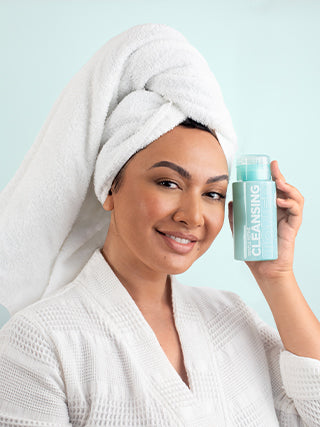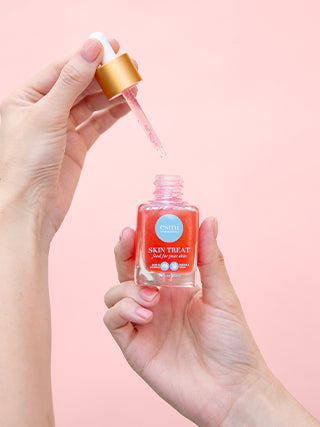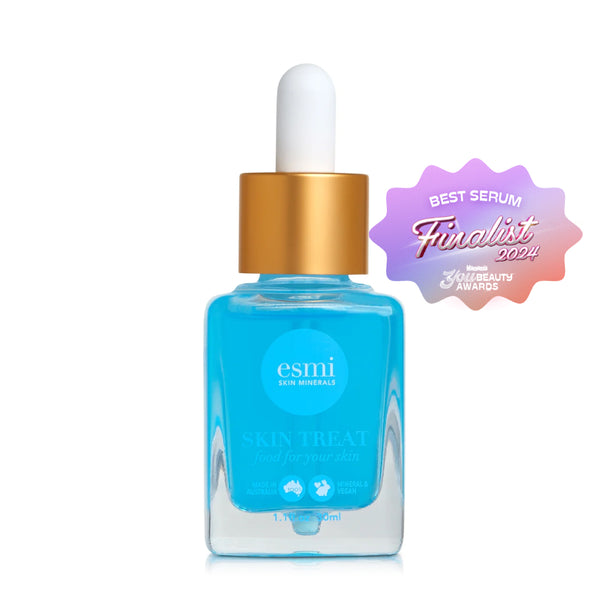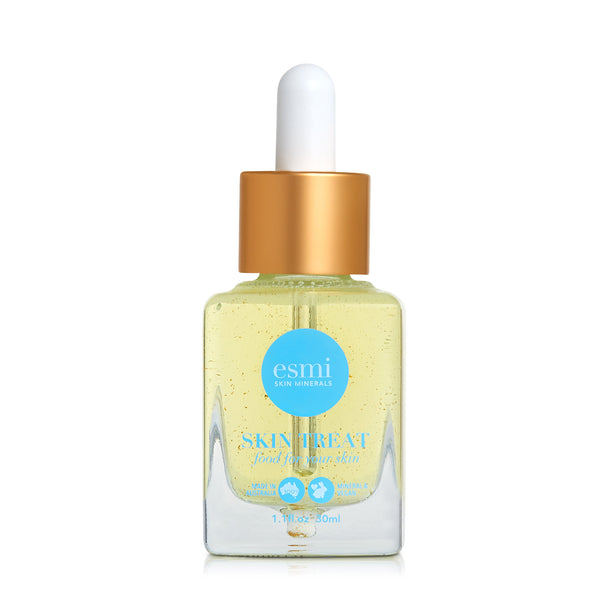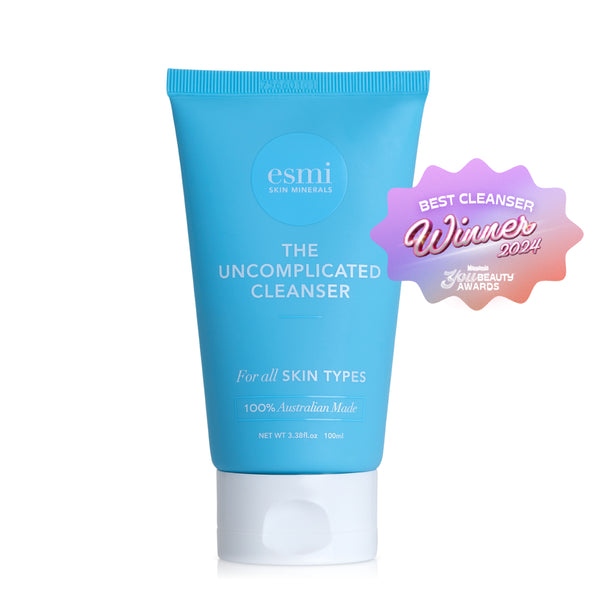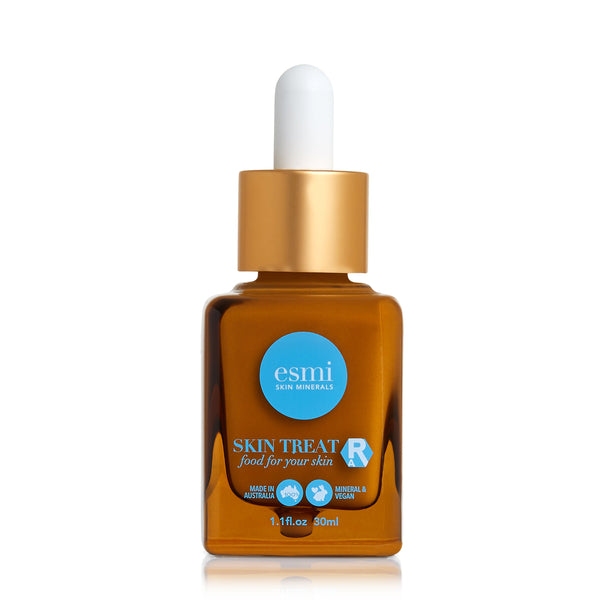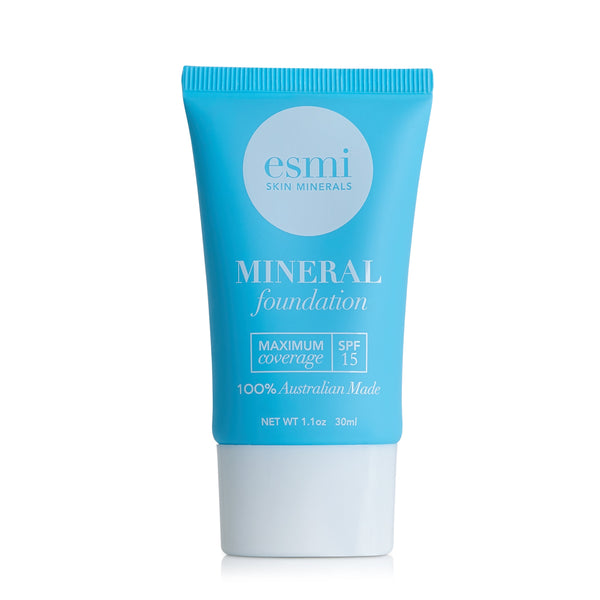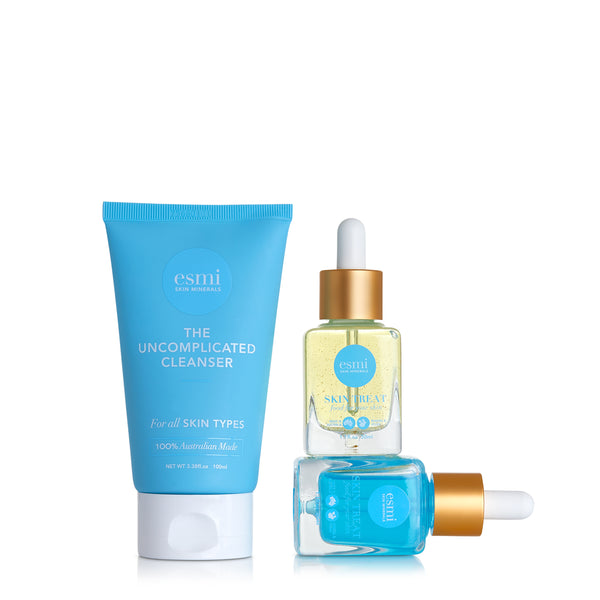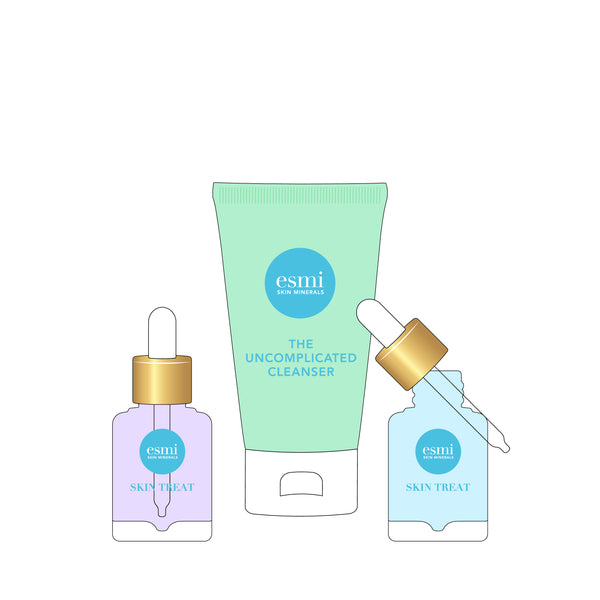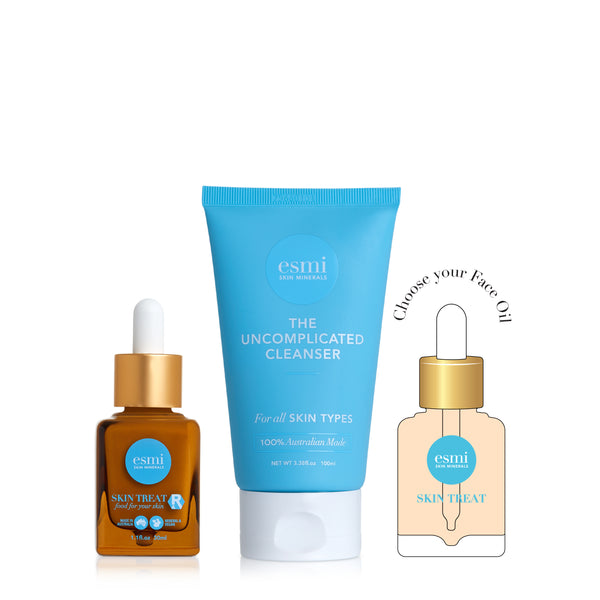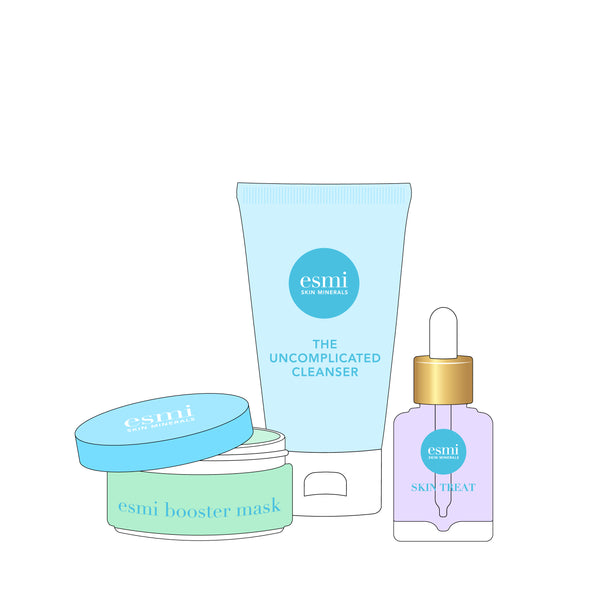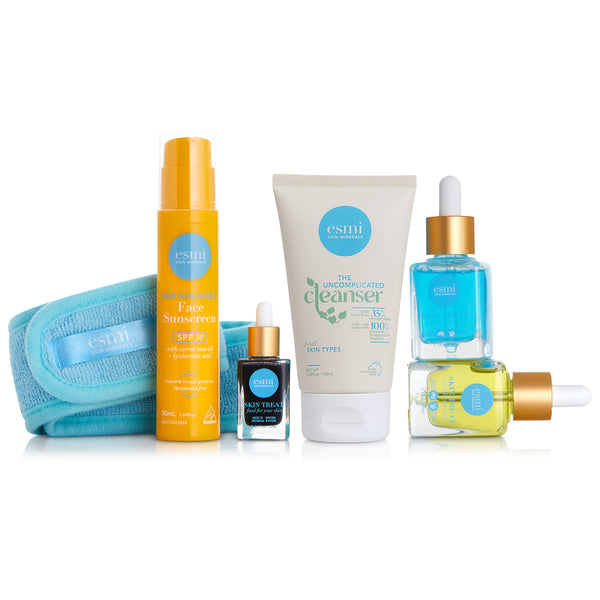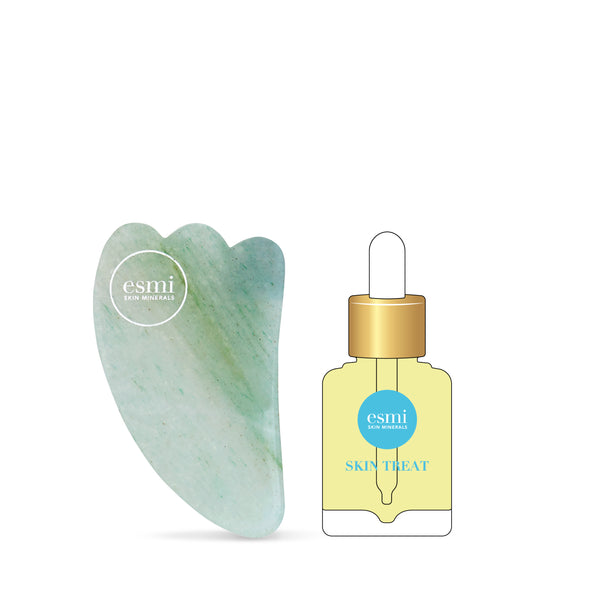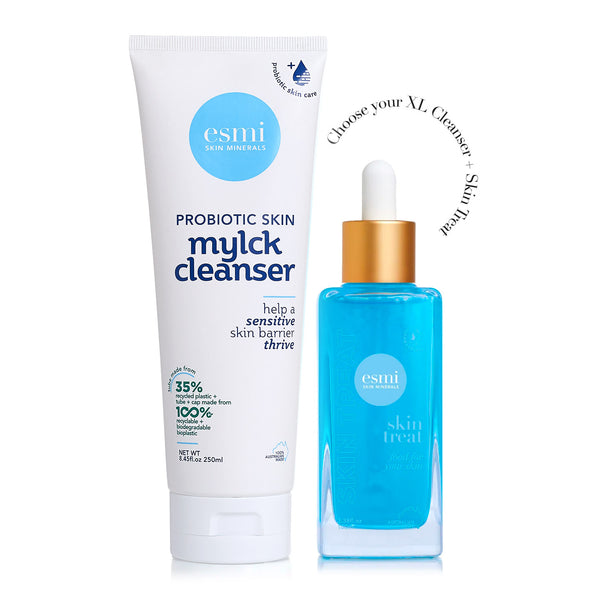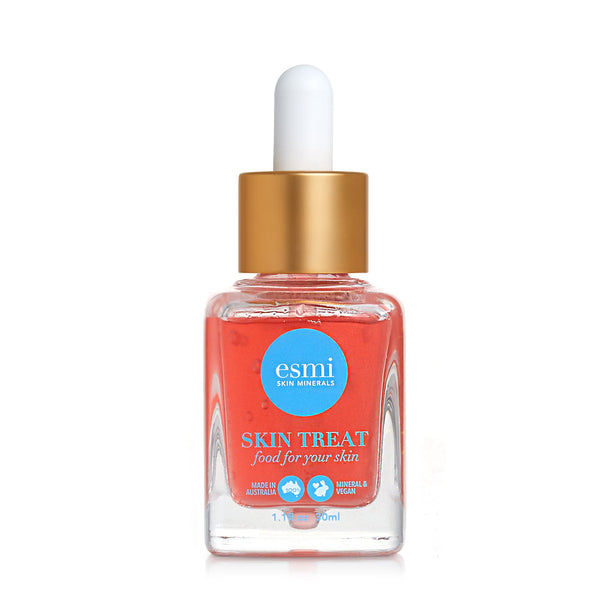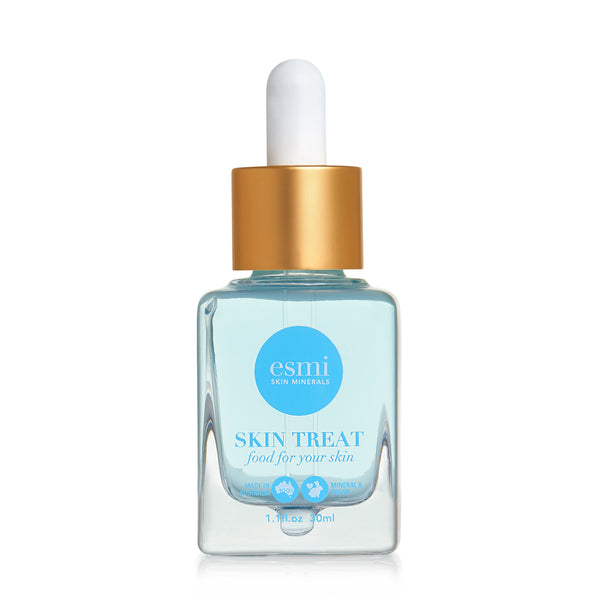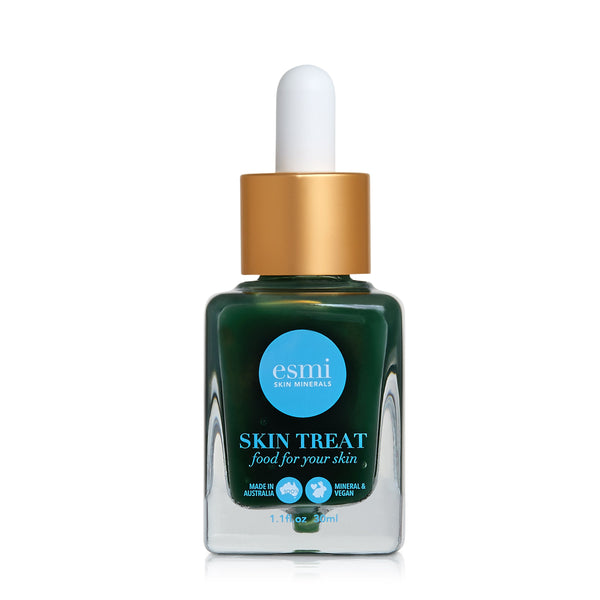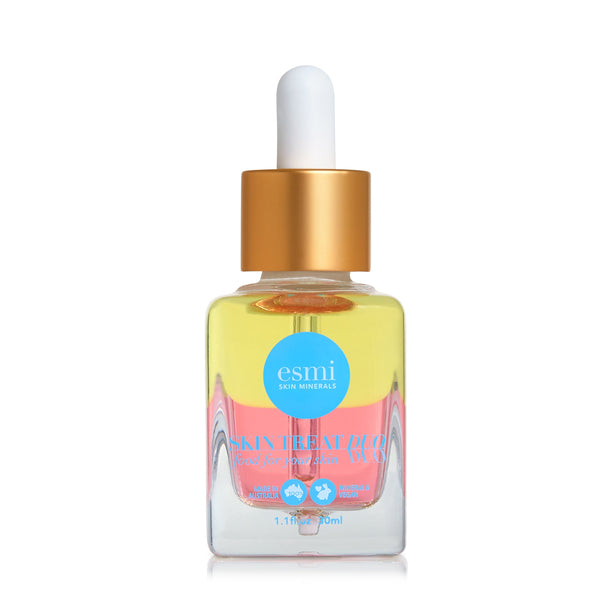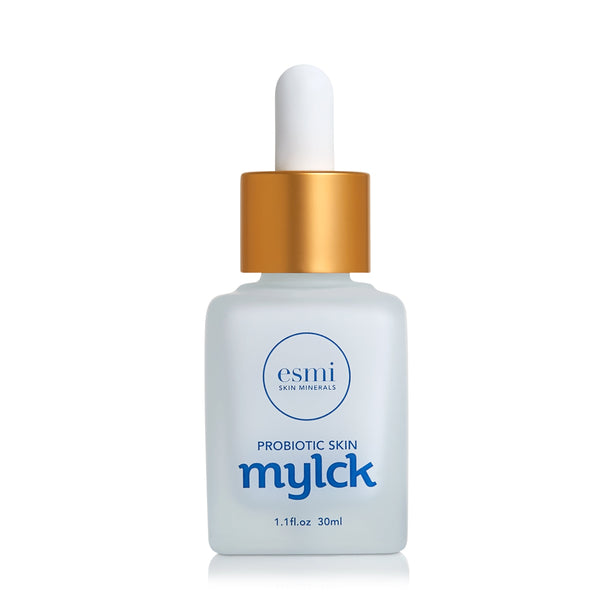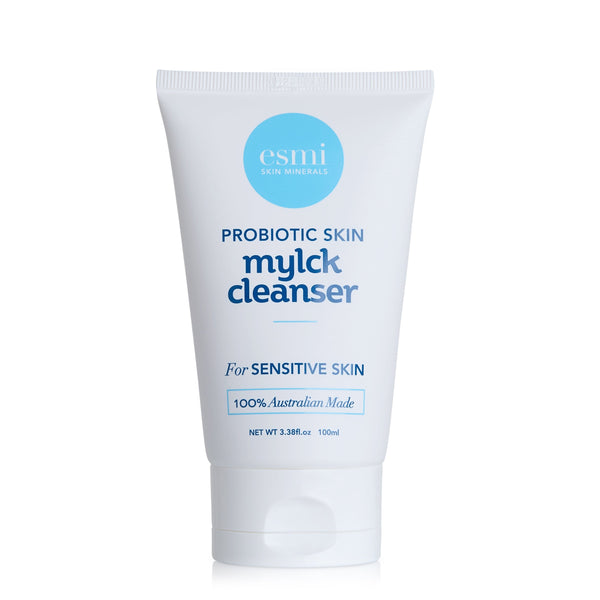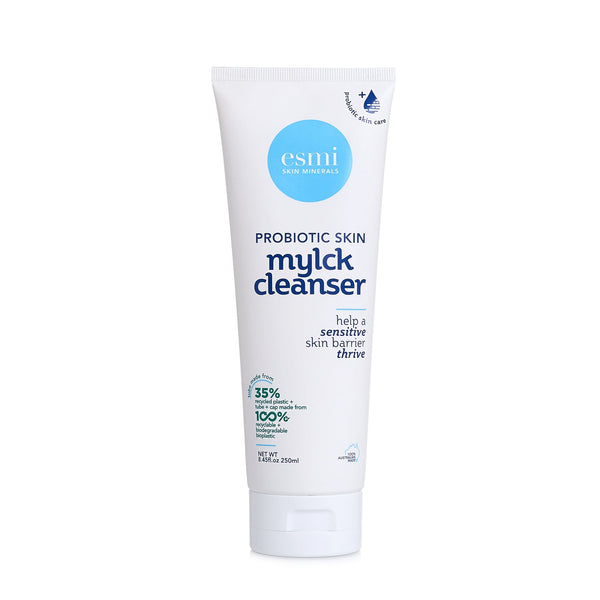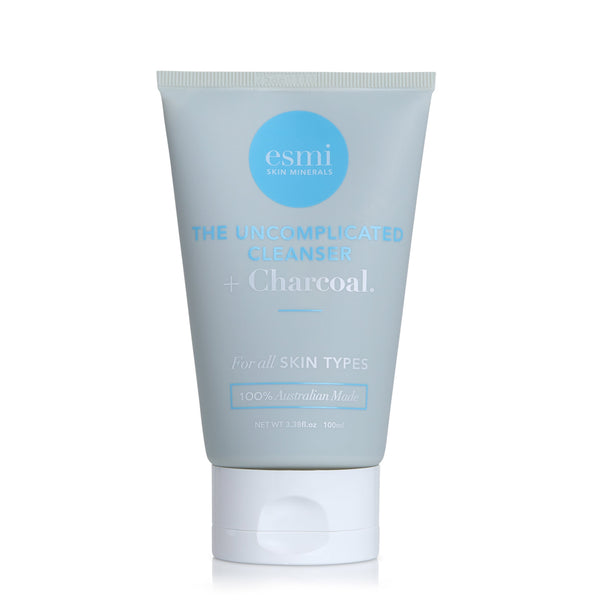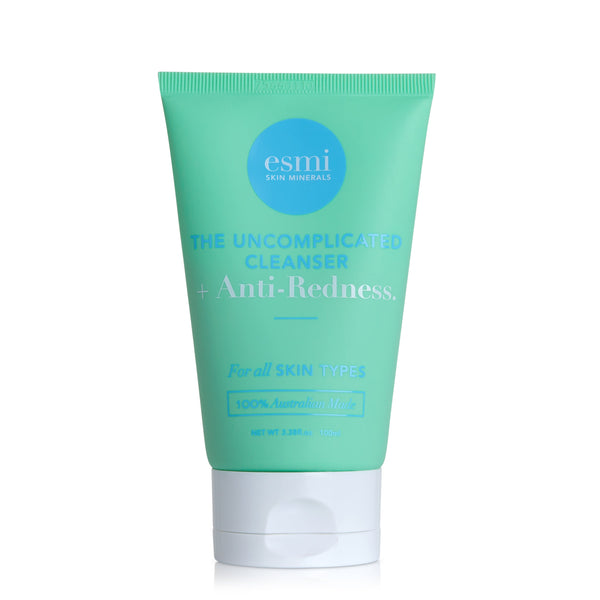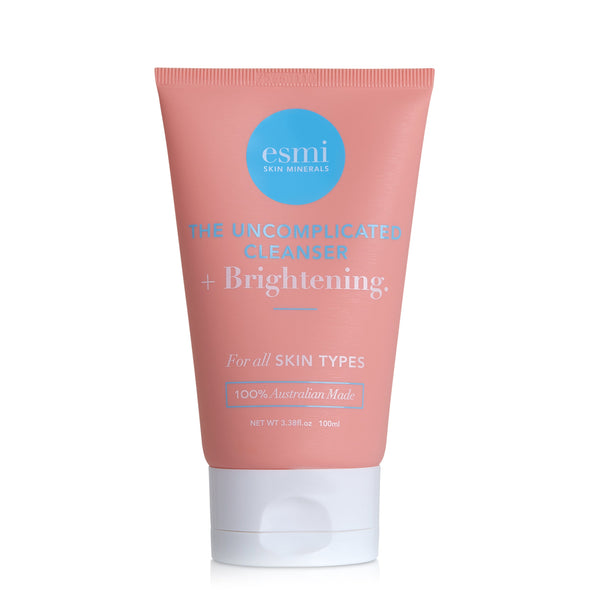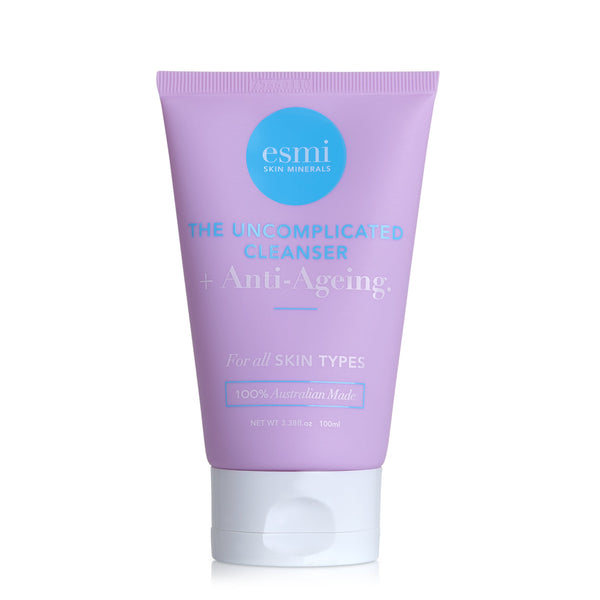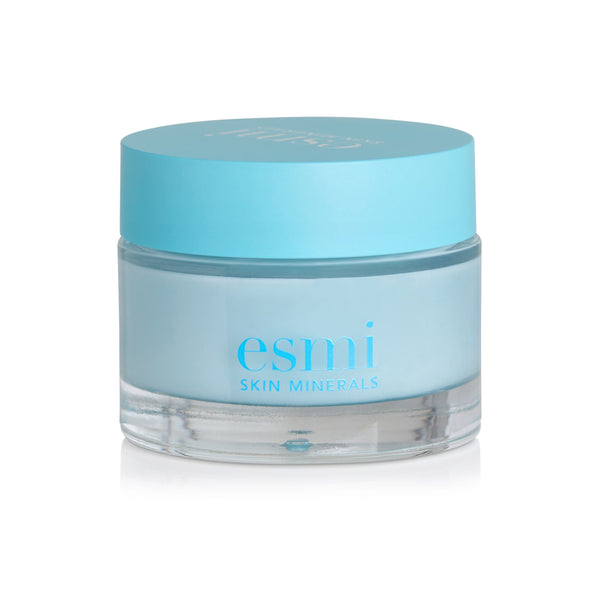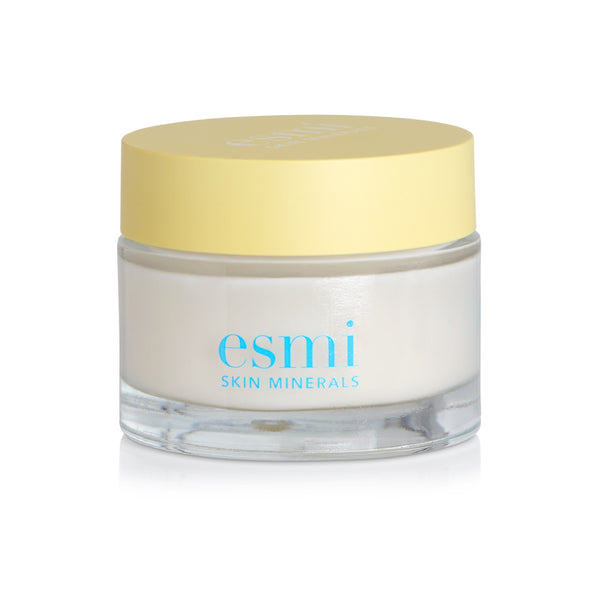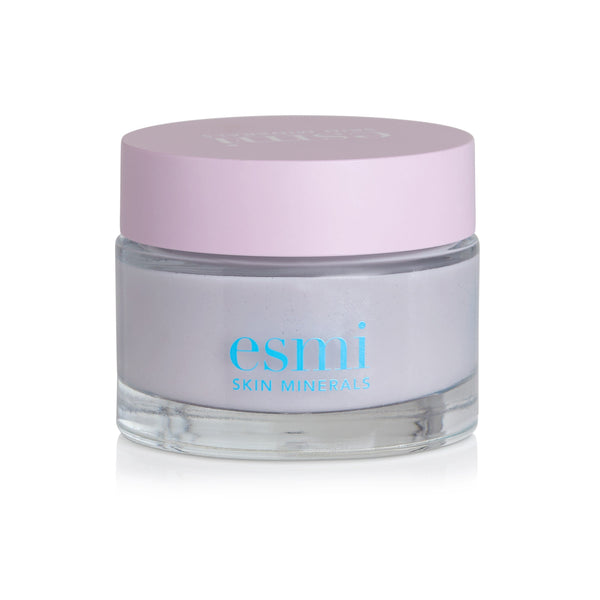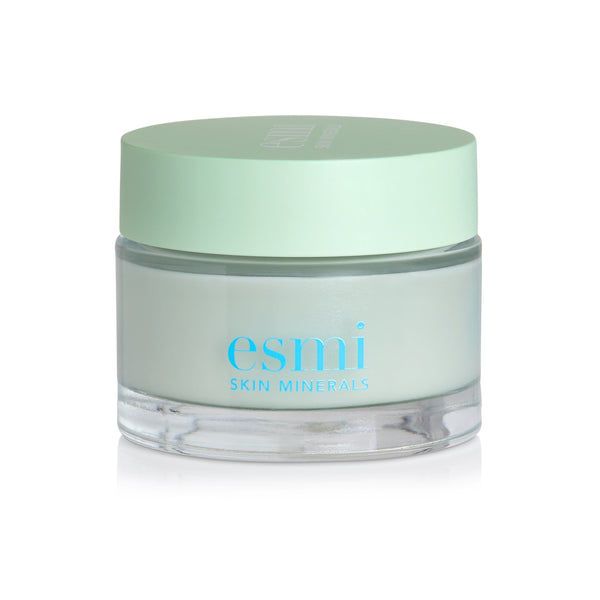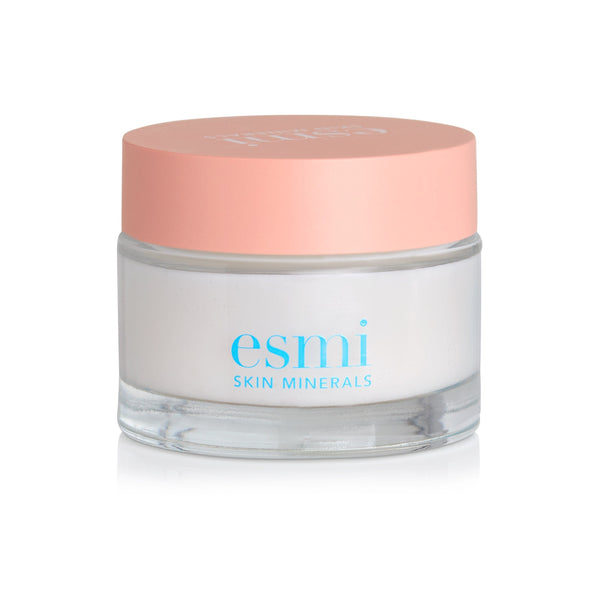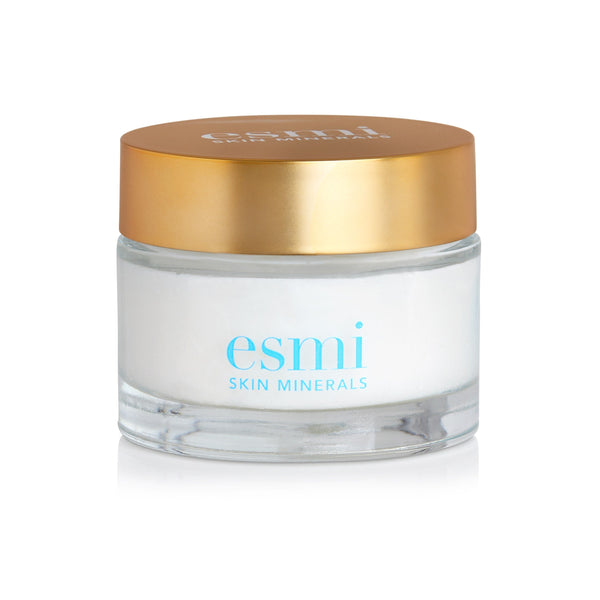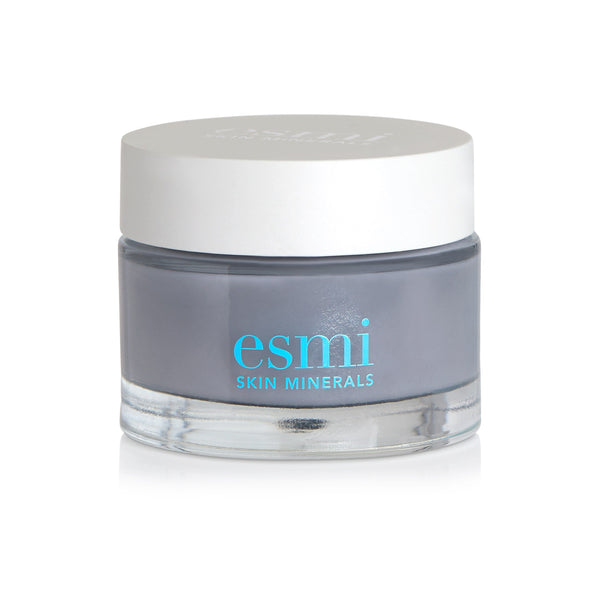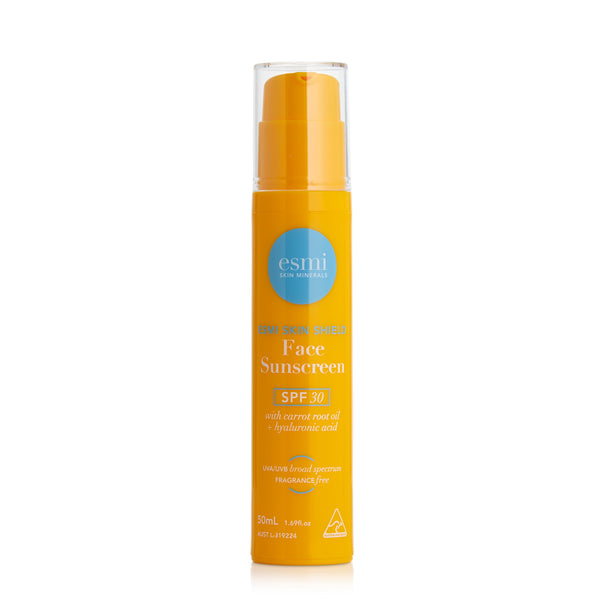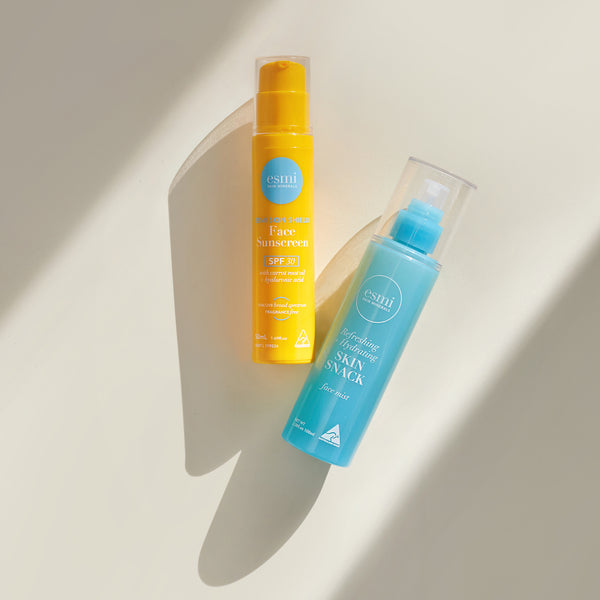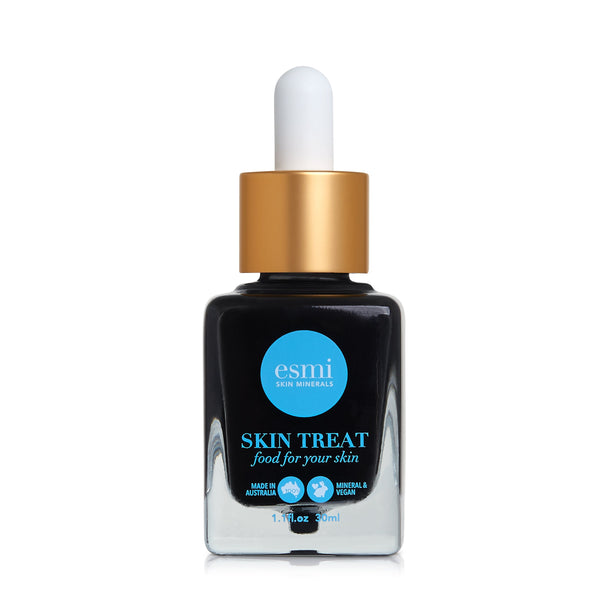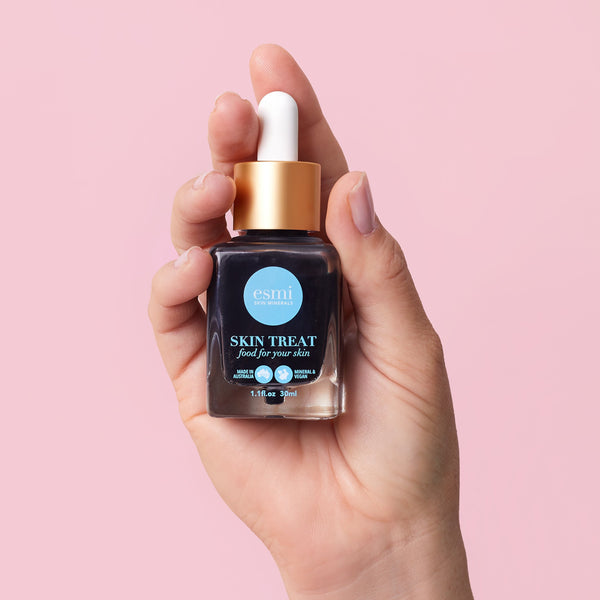Lactic acid - don’t worry, it’s not nearly as scary as it sounds! In fact, it can have some pretty powerful skin benefits like clear, glowy skin, and isn’t that what we all want, right? So, if you want to know more about lactic acid for skin, you’ve come to the right place.
What is Lactic Acid?
You might have heard us talking about alpha-hydroxy acids (AHAs). Well, lactic acid is a type of AHA, but not as strong as others like glycolic acid. As the name suggests, it comes from fermented lactose - yes, like the lactose found in milk, but don’t worry, you’re not going to smell like sour milk all day.
Like all AHAs, lactic acid skincare is a chemical exfoliant that removes dead cells sitting on top of the skin. It is a magic ingredient that will give you skin smoother than a baby’s bottom. If you’ve heard of people taking milk baths (count Cleopatra as a fan), it is basically the same concept.
Benefits of Lactic Acid for Skin
Lactic acid, like other AHAs, is a powerful exfoliant. It works to dissolve the bonds of old skin cells on the top layer of the skin to reveal newer, smoother skin. Lactic acid increases cell turnover to give you that ‘Instagram IRL’ glow.
Lactic acid can also treat a range of skin concerns like acne, congestion, hyperpigmentation and fine lines. You see, by sloughing away the top layer of dead skin, pores are decongested, minimising the risk of acne. If you’ve found yourself with acne scars (as if the pimples weren’t bad enough), lactic acid is going to help to brighten any pigmentation by letting new skin shine through.
What you might not expect, is that lactic acid can lead to thicker, firmer skin as it promotes the production of collagen - the good stuff that keeps your skin plump and elastic. It also allows products to better penetrate the skin, leading to increased hydration. More collagen and hydration means fewer fine lines and wrinkles.
How to Use Lactic Acid Skin Care
Being a chemical exfoliant, lactic acid comes with a few guidelines in order to safely get the most out of it. While lactic can be safer for sensitive skin than most AHAs, it still pays to tread carefully.
If you notice any skin irritation like redness, burning or itchiness, step away from what you’re using. Very mild symptoms may appear the first time you use lactic acid, but if they continue, time to try a lower percentage or avoid it altogether.
We recommend starting your lactic acid journey by dabbling just a couple of times a week, then work your way up to 3-4 times a week, just so your skin has time to adjust.
Using AHAs can make your skin more susceptible to UV damage, which is why we always recommend using lactic acid products at night and never, ever skipping your Skin Shield Sunscreen in the morning.
On a more positive note, lactic acid plays nicely with hydrating ingredients like hyaluronic acid and niacinamide, so don’t forget to grab your Hyaluronic Hydrating Serum for radiance like no other.
Lactic Acid Skin Products
If you love a facial (um, who doesn’t?), you have likely heard of a lactic acid peel. To safely get the best results from a lactic acid peel, your best bet is to leave it to the professionals. They are able to use a higher concentration of the acid to give you a serious glow and minimise any side effects.
If, on the other hand, you want to safely get those incredible lactic acid results at home, we’ve got just the thing. The Detoxifying Exfoliating Charcoal Serum contains a mix of glycolic and lactic acids to speed up the cell renewal process, helping maintain a soft and smooth youthful-looking complexion. The charcoal also draws out toxins and impurities, giving you the clear, smooth skin of your dreams. Yes, it really is that good.
Don’t be sleeping on lactic acid skin care, this glow-boosting AHA can help clear acne, hyperpigmentation and plump fine lines and wrinkles. Trust us, you’re going to be attached at the hip to your lactic acid products. Still not sure if lactic acid is right for you? Chat to our skin consultants today!
